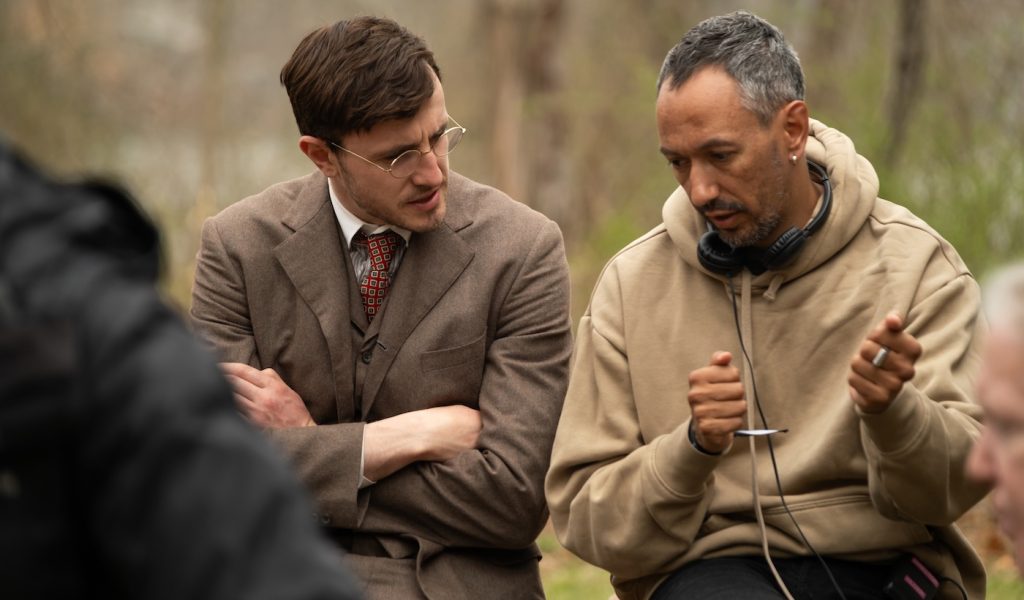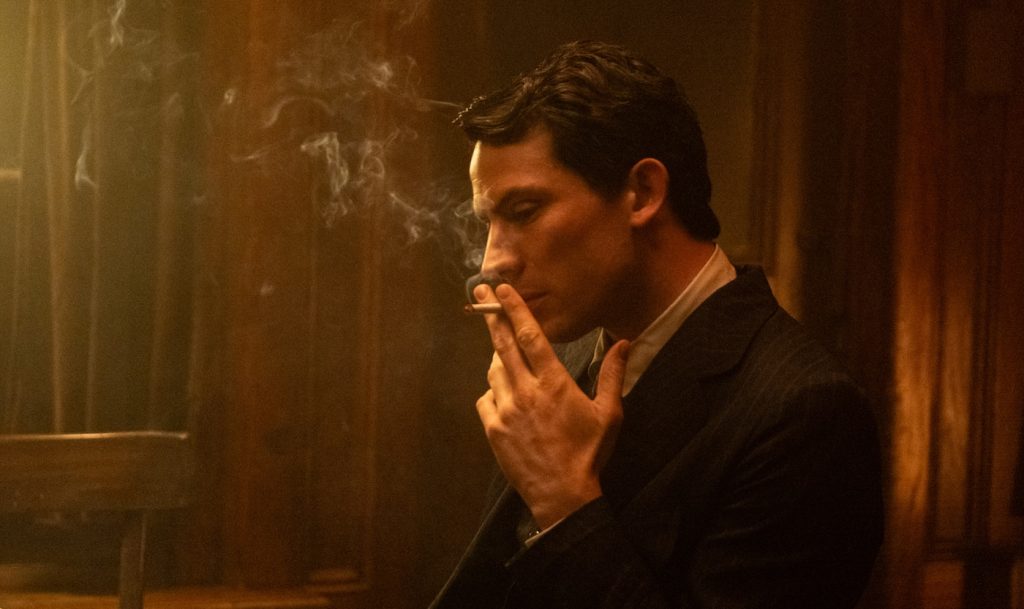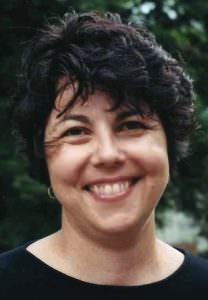Director Oliver Hermanus and Actor Chris Cooper Wax Lyrical on “The History of Sound”
Director Oliver Hermanus calls his latest film, The History of Sound, “a love letter to the films of the ‘90s.”
The period drama stars Paul Mescal as Kentucky singer Lionel and Josh O’Connor as Boston composer David White, who have a brief but life-changing romance in 1920 while hiking through rural Maine to record local folk music on wax cylinders.
Hermanus grew up in South Africa, where American films were plentiful. His family “loved melodrama and sweeping films” such as Legends of the Fall, A River Runs Through It, and The English Patient; the kind of films that “don’t exist anymore,” he said. Older classics, such as Badlands, and other “landscape films” also influenced him.

With The History of Sound, which premiered at Cannes and opened September 12, Hermanus aimed to “tell the story of an American landscape which, for me, is a cinematic passion.”
Adapted by Ben Shattuck from his own short story, The History of Sound is the first film Hermanus shot in the United States. He was developing the project simultaneously with his acclaimed 2022 British feature film, Living, which earned a Best Actor Oscar nomination for Bill Nighy.
“I was always going to do Living first and naively thought I’d do The History of Sound right after. But I became super busy and it took another year or more to get it off the ground,” he said. “It was a slightly schizophrenic time, doing this very British movie and a very American movie.”

Hermanus read Shattuck’s short story in early 2020 and “was drawn to the wisdom of it,” he said. “Great writing has an idea at the center, a window inside the story. The director in me [wondered] ‘How do I put this in a cinematic context?’ That was to see it as a portrait of a man’s life and to understand that somebody can enter your life for a short period of time but become the resonance of your life. David inspires Lionel’s life; he literally tells him what to do and where to go. Lionel’s voyage of discovery is that he prefers to listen rather than sing; it’s a revelation that’s the association with what he loves about music.”
Mescal and O’Connor remained committed to the project even after it was delayed by the COVID pandemic. “All development took place during lockdown. We were zooming away; I met Paul and Josh through Zoom,” said Hermanus. Shooting finally began in the winter of 2024.
Hermanus has become known for films that treat queerness as another part of life’s textures. “I personally like to watch films where love and romance can be posed in the context of queerness without being about the problems or sadness. I’ve seen enough of that and I’ve explored it in movies myself,” said Hermanus, who made his first film, Shirley Adams, when he was 24. “That was very much about my mother and my understanding of motherhood in South Africa. My second [Beauty, released in 2021] was about queerness and repression, and then I moved on to questions of shame” with 2019’s Moffie.
“This time, I finally made a film where queerness wasn’t the issue or a problem. The relationship is as organic and natural as it can be. It plays out in Lionel and David’s connection at the piano [in an early scene of the film], and there’s no fear about the connection. They both go with it.”
Hermanus took a “deep dive” into authentic American folk music and the oral histories that were passed down through generations, dating to “the Irish influence, the slavey influence. The American tapestry of music is about arriving from other places and telling stories through written song,” he said.
“The Smithsonian’s collection of wax cylinder recordings is the holy grail of how you can find all this stuff. Can you imagine no recorded music? It is almost unfathomable. This story is at the cusp of when people are hearing recorded voices for the first time. The magic trick of that must have been overwhelming,” he said. “There’s poetry to the idea that sound can be this echo to a moment in time and this connection to the past. It’s a beautiful and fortunate thing that we can do, which is time travel.”
Veteran actor Chris Cooper plays the older Lionel, whose memories of David and their bonding over music provide the film with its entry into the story.
“I’ve done enough work in the film business to realize that the other actors and the director have a lot on their shoulders, and I want to make their work as easy as possible. Paul was assigned an accent coach for the Kentucky accent,” Cooper said. “I am from Missouri, and I’ve done a Kentucky accent, but it was a concern that the two of us match, dialect-wise.”
Cooper contacted Mescal’s coach and “told him that once Paul was comfortable with it, to send me his work and I’ll try to match it.”
Beyond the sound and speech patterns of Lionel’s voice, Cooper aimed to bring to the role his own “life experience; love, loss, regrets. I don’t know how else to work,” he said. Like Hermanus, Cooper is drawn to sophisticated, character-driven films that, he said, have become “harder and harder” to make.
“The business has changed. The films I was brought up on — it was person-to-person, one-on-one, not explosions, blue screens, or Marvel superheroes. It was human-to-human; that’s what got me interested. That’s hard to find in film work today.”
The History of Sound is in theaters now.
Featured image: L to R: Josh O’Connor is David and Paul Mescal is Lionel in THE HISTORY OF SOUND, directed by Oliver Hermanus.



